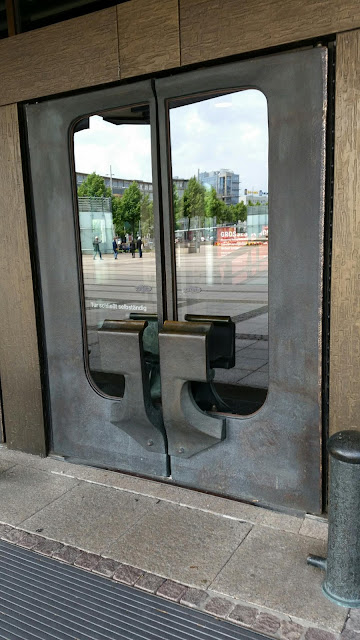There appears to be a yin yang relationship between our data... and the logics we use to organize the data. The emergent result of that interaction is human understanding. Neither, by itself is sufficient for generating actionable knowledge. When there is a higher quality and quantity of each and when the two are in balance, then we are able to have a better understanding of the world and achieve more reliable success.
In ancient times, they had observational data, but only limited logics. That imbalance led to spurious speculation in attempting to reach understanding. Examples such as lodestones having breath, or a geocentric universe.
During the dark ages, numerous arguments arose around the nature of those speculations. Eventually we came to realize that there was an imbalance. We needed more data to resolve arguments. For example, without a way to measure pins and angels, one could not come to a reliable conclusion about how many might dance on the head of a pin.
The new logic was more structured than the old. Think, for example of Toulmin's rules for resolving diputes of science. This new and more useful logic led to a drive for data. And, the scientific revolution was the result. The ensuing balance between data and logic provided us the laws of physics, advances in medicine, and so on.
Today, that apprach has been so successful that we are inundated with data. Again, we are out of balance. And, as in ancient times, we are driven to spurious conclusions. We have only a pretense of knowledge. We do not even know what we are missing. We conduct careful research to gain amazing amounts of data, then use that data to generate theories that do not work and policies that are terrible failures.
The challenge of the 21st century, and for our generation, is to find a new balance. We may do this by developing new logics for understanding our data.
When we do this, we will have a new revolution comparable to the scientific revolution. And the world will be changed in astonishing ways that we cannot predict... nor yet understand.







































